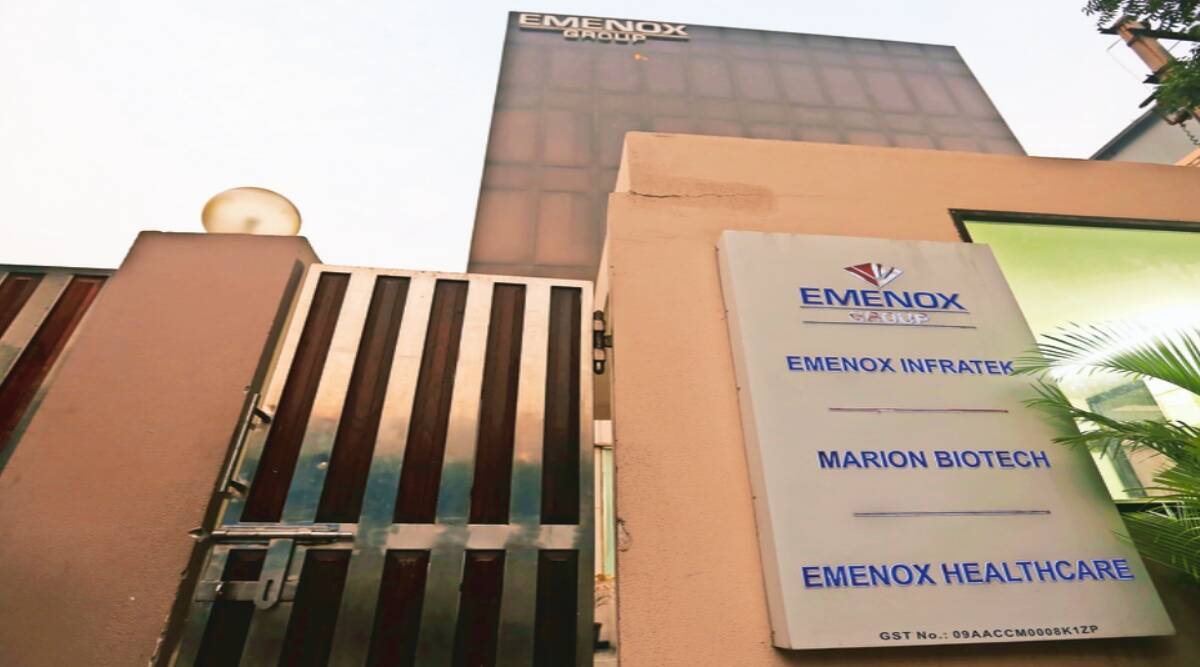The Uzbek Health Ministry attributed the deaths of 18 infants in Samarkand to a syrup manufactured by Noida-based Marion Biotech. On Wednesday, the World Health Organization issued a warning regarding two of the company’s products.
This prompted a second round of inspections for the second medicine on Thursday by the country’s top drug regulator and the state drug controller.
After Uzbekistan initially brought attention to the event, drug officials performed two inspections of Marion’s manufacturing facility, issued a show cause notice for “deviations” from good manufacturing methods, and ceased production.
The Indian Express claimed that among the “deviations” were standards for conducting certain tests that were not adhered to, pressure variations between sections that were not maintained, and non-functioning pressure gauges.
The Thursday samples were transferred to the Regional Drug Testing Laboratory in Chandigarh.
“The company’s licence was suspended on January 9 after they failed to respond to the notice to show cause. In addition, the corporation will be prosecuted under the Drugs and Cosmetics Act if the contaminants are found in the control samples, according to a senior official with knowledge of the situation.
The corporation stores control samples – samples from the same batch supplied to Uzbekistan — as part of its quality control processes. Now, according to the WHO alert, samples of the second medication have also been gathered and sent for testing, the official said.
Four batches of Ambronol syrup with expiration dates between August 2024 and December 2025 and seventeen batches of Dok-1 Max with expiration dates between August 2024 and July 2025 were discovered to have pollutants, according to a Wednesday WHO advisory.
The WHO advisory warned individuals not to use the two anti-phlegm syrups and requested that regulatory authorities “identify and remove these inferior goods from circulation to protect patients.”
The alert states that the products were found to contain di-ethylene glycol or ethylene glycol by the national quality control laboratory of Uzbekistan. The World Health Organization advises regulatory authorities that all medical products must be purchased from authorised or licenced merchants, and that their validity and physical condition must be verified.
It also recommended manufacturers of syrups containing propylene glycol, polyethylene glycol, sorbitol, glycerine, or glycerol to test their products for the presence of these contaminants prior to their use in pharmaceuticals. This is the most likely source of the pollutants in the syrups. This recommendation comes after the WHO had to issue three medical product alerts in the past four months due to the presence of ethylene glycol or di-ethylene glycol in syrups, including syrups manufactured by another Indian company and sold to the Gambia.
At least 18 of 21 hospitalised children in Samarkand apparently died of kidney impairment and failure, with the Uzbek health ministry attributing the deaths to Dok-1 Max, one of the syrups included in the WHO alert.
According to the claim, early laboratory tests suggest the presence of ethylene glycol in the syrup batch in question. However, it goes on to warn that parents improperly utilised the syrup as an anti-cold medicine without a prescription and in higher dosages than age-appropriate.
Similar action was taken against Maiden Pharma in the case of the Gambia deaths, where production was halted due to deficiencies in paperwork and good manufacturing methods. Although India maintains that it has not received any data from the Gambia or the WHO establishing a causal link between the deaths of 70 children and the four syrups manufactured by Maiden, a Gambia parliamentary panel has stated that the Indian company was responsible and that legal action must be taken.
“The presenting symptoms and course of the patients were consistent with diethylene glycol poisoning.” The children may have also been exposed to the two products, according to a WHO statement to The Indian Express.
“Exceedingly high levels of diethylene glycol and/or ethylene glycol were detected in the analysed samples,” it stated. “The three levels of WHO (headquarters, regional office, and country office) collaborate with the Uzbek government,”
Related Posts
| Noida firm linked to Uzbek syrup-related fatalities investigated for lack of essential supplier records |
